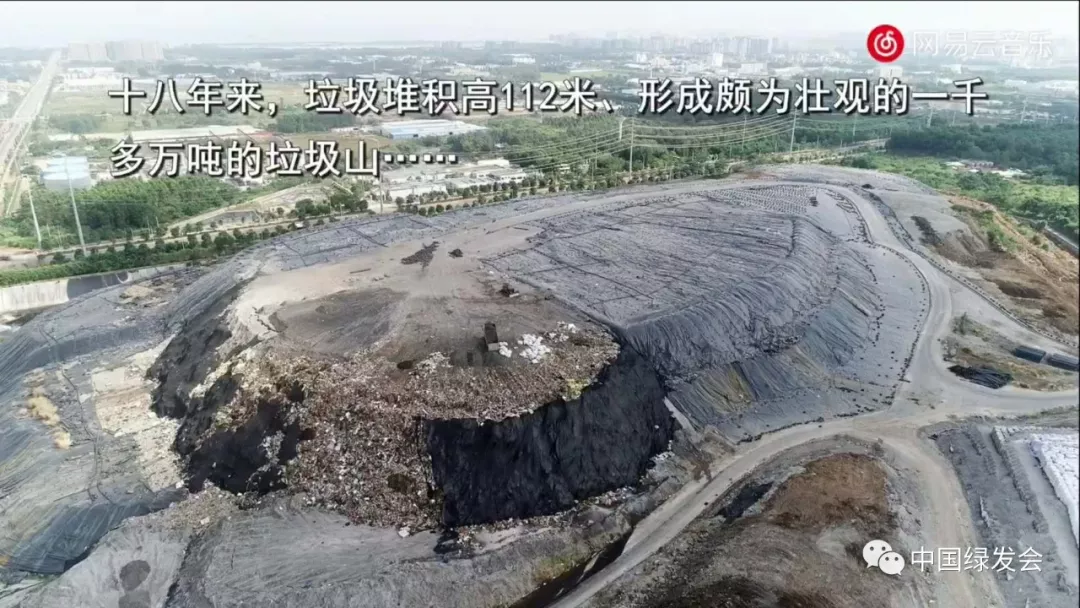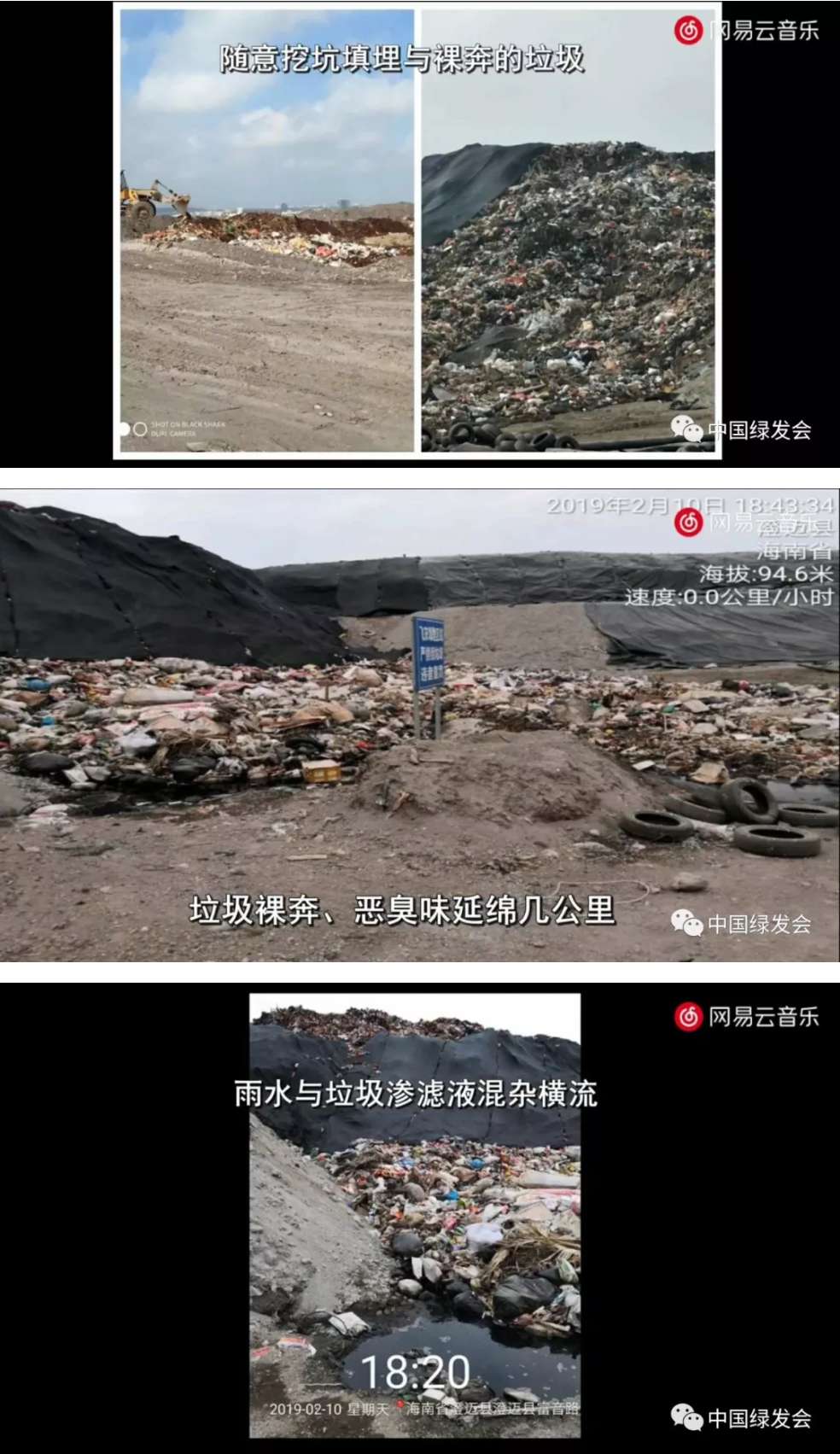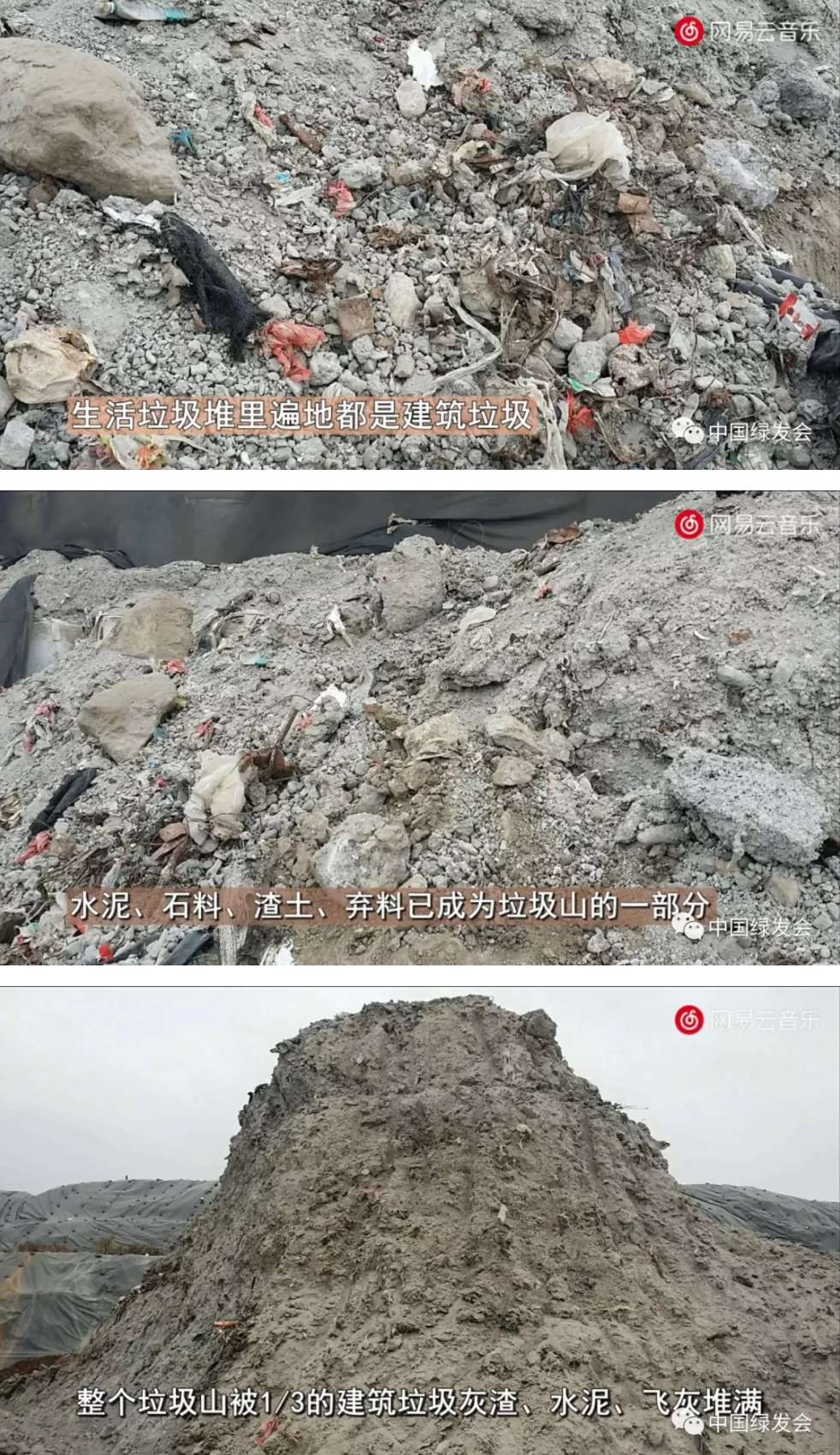Recently, the Ministry of Ecology and Environment has taken a major move and cancelled the approval of the environmental impact assessment (EIA) of the waste incineration project in Qionghai and Chengmai, Hainan Province. It can be known from the administrative reconsideration decision that the two approvals that were revoked lacked the support of the planning basis and did not complete the planned EIA according to law. Through the legal procedures of administrative reconsideration, directly targeting the planning and planning of environmental impact assessment, stopping the major construction projects that have already started, and canceling the approval of EIA approvals at the level, this is the first time for the ecological environment system. It marks a remarkable achievement in the construction of ecological civilization. The rule of law is gradually extending to the front end of administrative decision-making.
The biggest highlight and legal value of this case is that it highlights the role of planning in the overall planning and strategic foresight of the construction project and determines the legal pre-procedural status of the planned EIA in the project EIA and construction, which helps to ensure the rule of law compliance in environmental decision-making and enhancing public acceptance of construction project.
The various environmental problems encountered by human beings, by their very nature, are the problems of the structure, layout and scale of economic and social development. The EIA of planning and even policy, as the first pass of environmental protection, plays a strategic leading role in identifying, preventing and eliminating the social risks of the environment. The Environment Impact Assessment Act of China, which came into effect on September 1, 2003, established a system for planning environmental impact assessment in China. In the past 16 years, this legal system has exposed many shortcomings and loopholes, and it is unable to strongly curb various developments and constructions that damage the environment. “Planning follows the project”, “The EIA endorses the project”, “Public participation is a superficial form. ", is a very common social phenomenon.
Article 19 of the Environmental Protection Law states: A development and utilization plan that has not undergone an environmental impact assessment as legally required may not be implemented. Article 11 of the Regulations on the Administration of Construction Project Environmental Protection states: The type, site selection, layout, or scale, among others, of the construction project fails to conform to any law or regulation on environmental protection or any relevant statutory plan, the environmental protection administrative department shall make a decision to disapprove the environmental impact report or the environmental impact statement. However, in general, there is a lack of clearly defined rigid legal rules for the relationship between planning’s environmental impact assessment and construction projects. Faced with a variety of dazzling plans, it is a common practice to choose a low-level “small planning” to patch and even use a piece of “planning’s address book” to cheat. As for the planning’s environmental impact assessment that was not carried out and not completed, it was left to be slowly filled up after the project was put into operation, and the “retrospective evaluation” was used to reinforce the situation. It was rarely heard that the project lacking the planning environmental impact assessment was not approved by the EIA.
The “Environmental Access Conditions for Domestic Waste Incineration Power Generation Construction Project (Trial)” issued by the Ministry of Ecology and Environment and the “Notice on Further Planning and Site Selection for Domestic Waste Incineration Power Plants”, which was led by the National Development and Reform Commission, established the core position of the “Medium- and long-term special plans for provincial-level domestic waste incineration power generation” in various types of planning. At the same time, it is required to organize the environmental impact assessment of the plan in accordance with the law, and to scientifically formulate plans to strengthen support. “Conforming to the requirements for domestic waste incineration power generation planning and environmental impact assessment planning” has become a substantial condition for legally obtaining EIA approval for waste incineration projects.
The Hainan waste incineration project is the result of the withdrawal of administrative licenses and overall shutdowns because of the lack of critical legal resources. However, this does not mean that the project itself is completely rejected, nor does it mean that it can no longer “redo the formalities” and then re-apply for approval. As a national pilot zone for ecological civilization construction, Hainan Province faces tasks such as “a city without waste”, “a comprehensive ban on plastics”, and “recycling utilization rate of domestic waste reached 35% in 2020”. How to carry out democratic and scientific decision-making according to law, re-examine the planning of waste disposal, and under the guidance of the ecological civilization idea of the new era, walk out of the dilemma of waste siege, rectify the remaining issues of waste mountain, fully protect the environmental rights and interests of the public, we are full of the expectation of the goals’ achievements and are also willing to work hard together.



(Photo source: Internet)
Original Chinese article:
http://www.cbcgdf.org/NewsShow/4854/8658.html
By / Niu Jingmei
